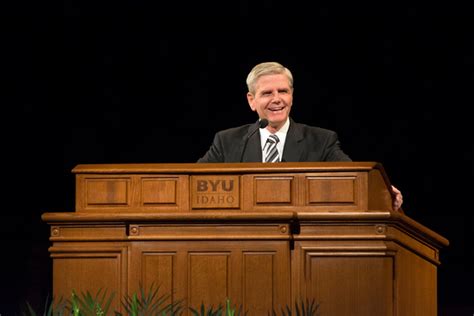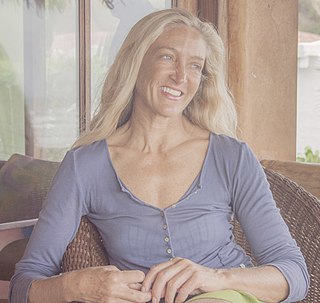A Quote by George Eliot
When death, the great reconciler, has come, it is never our tenderness that we repent of, but our severity.
Related Quotes
God's justice stands forever against the sinner in utter severity. The vague and tenuous hope that God is 'too kind' to punish the ungodly has become deadly opiate for the consciences of millions. It hushes their fears and allows them to practice all pleasant forms of iniquity while death draws everyday nearer and the command to repent goes unregarded. As responsible moral beings, we dare not so trifle with our eternal future.
She says, "But in contentment I still feel The need for imperishable bliss." Death is the mother of beauty; hence from her, Alone, shall come fulfillment to our dreams And our desires. Is there no change of death in paradise? Does ripe fruit never fall? or do the boughs Hang always heavy in that perfect sky, Unchanging, yet so like our perishing earth, With rivers like our own that seek for seas They never find, the same receding shores That never touch with inarticulate pang?
As Christ's ministry drew to its close, its severity and its gentleness both increased; its severity to the class from whom it never turned away. Side by side through all His manifestations of Himself, there were the two aspects: "He showed Himself froward " (if I may quote the word) to the self-righteous and the Pharisee; and He bent with more than a woman's tenderness of 'yearning love over the darkness and sinfulness, which in its great darkness dimly knew itself blind, and in its sinfulness stretched out a lame hand of faith, and groped after a Divine deliverer.
We need to repent of the haughty way in which we sometimes stand in judgment upon Scripture and must learn to sit humbly under its judgments instead. If we come to Scripture with our minds made up, expecting to hear from it only an echo of our own thoughts and never the thunderclap of God's, then indeed he will not speak to us and we shall only be confirmed in our own prejudices. We must allow the Word of God to confront us, to disturb our security, to undermine our complacency and to overthrow our patterns of thought and behavior.
Each of us will have our own Fridays—those days when the universe itself seems shattered and the shards of our world lie littered about us in pieces. We all will experience those broken times when it seems we can never be put together again. We will all have our Fridays. But I testify to you in the name of the One who conquered death—Sunday will come. In the darkness of our sorrow, Sunday will come. No matter our desperation, no matter our grief, Sunday will come. In this life or the next, Sunday will come.






































